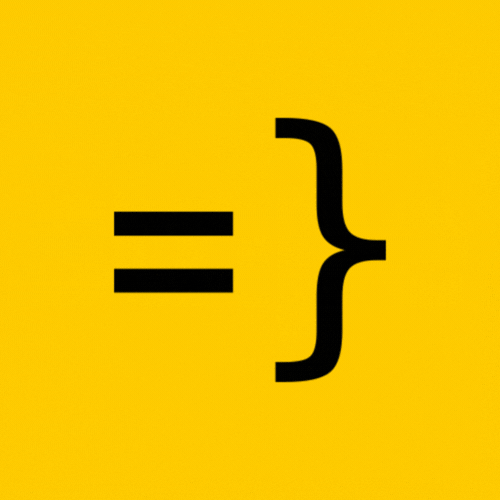Product Introduction
Open SaaS 2.0 is a free, open-source, full-stack starter kit designed to accelerate SaaS application development using React for the frontend and Node.js for the backend. It provides pre-built modules for authentication, payments, AI integration, and an admin dashboard, eliminating the need to configure boilerplate infrastructure. The template is powered by Wasp, a full-stack framework that automates code generation and deployment workflows. Developers can deploy the application anywhere without vendor lock-in, ensuring full ownership of their codebase.
The core value of Open SaaS 2.0 lies in reducing time-to-market for SaaS products by offering a production-ready foundation with critical features already implemented. It abstracts complex backend configurations, such as Stripe/Lemon Squeezy payment integrations and secure authentication flows, while maintaining full transparency through open-source code. The inclusion of AI-ready architecture and built-in analytics tools enables developers to focus on unique business logic rather than repetitive setup tasks.
Main Features
Pre-configured authentication system with support for email/password, Google, and GitHub login, including secure session management and user ownership of data. The auth flow is built with industry-standard security practices, such as encrypted cookies and server-side validation, and requires no additional setup beyond environment variable configuration.
Integrated payment processing via Stripe or Lemon Squeezy, including checkout flows, subscription management, and webhook handling for real-time billing updates. The template includes pre-built UI components for pricing tables and customer portals, coupled with TypeScript types for transaction data to ensure end-to-end type safety.
AI development toolkit featuring OpenAI API integration, LLM-optimized documentation, and example use cases like AI-generated content workflows. The architecture includes predefined API routes for model inference, rate limiting, and error handling, with built-in support for streaming responses and prompt engineering templates.
Problems Solved
Eliminates months of initial setup time for SaaS projects by providing pre-built modules for auth, payments, and deployment, reducing typical project scaffolding from weeks to hours. Developers avoid reinventing common infrastructure components like password reset flows or subscription webhooks, which are fully tested and production-validated.
Targets full-stack developers and solo entrepreneurs who need to launch MVPs quickly without compromising on scalability or maintainability. The template is particularly valuable for AI-focused startups requiring seamless integration between frontend interfaces and machine learning models.
Enables rapid iteration for use cases such as AI-powered micro-SaaS tools, membership platforms, and analytics dashboards, as demonstrated by deployed examples like Microinfluencer.club and Kivo.dev. Teams can immediately focus on domain-specific features rather than foundational infrastructure.
Unique Advantages
Combines multiple production-grade systems (auth, payments, AI, analytics) in a single cohesive stack, unlike fragmented templates that require manual integration of separate libraries. The Wasp framework ensures type safety across frontend and backend through automated code generation, reducing runtime errors.
Offers built-in blog infrastructure using Astro for SEO-optimized content delivery, with Markdown support and automatic RSS feed generation, which most SaaS starters omit. Unique AI architecture patterns include pre-configured API routes for common LLM operations and error-recovery mechanisms.
Competitive edge comes from zero vendor lock-in, with deployment options spanning major cloud providers, and a MIT license allowing commercial use. The inclusion of Playwright E2E tests and GitHub Actions CI/CD pipelines exceeds typical starter kit capabilities, providing enterprise-grade DevOps from day one.
Frequently Asked Questions (FAQ)
Why is Open SaaS 2.0 free and open-source? The project follows the Wasp framework's open-core model, prioritizing community adoption and contributions while maintaining commercial viability through optional paid deployment services. All features remain perpetually open-source under the MIT license, allowing unrestricted modification and redistribution.
What is Wasp, and how does it relate to Open SaaS 2.0? Wasp is the underlying full-stack framework that powers Open SaaS 2.0, providing automated code generation for CRUD operations, type-safe client-server communication, and one-command deployment. It handles configuration of databases (PostgreSQL), ORM (Prisma), and authentication providers through declarative syntax.
Can I deploy Open SaaS 2.0 to my own infrastructure? Yes, the template supports deployment to any Node.js-compatible environment, including Docker, Fly.io, and AWS EC2, with detailed guides for configuring databases and environment variables. The absence of proprietary hosting requirements ensures full control over scaling and security policies.
